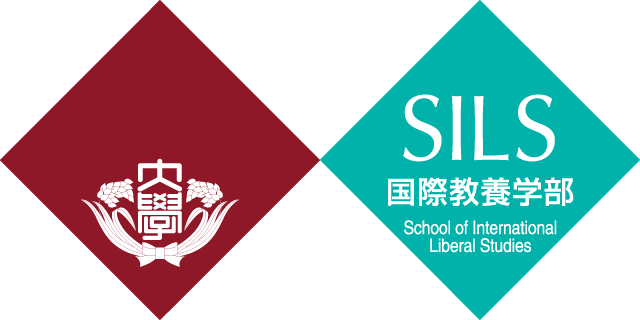【Message from Graduates】PARK, Jimin: From Liberal Arts to Data Science at Columbia: How SILS Shaped My Path
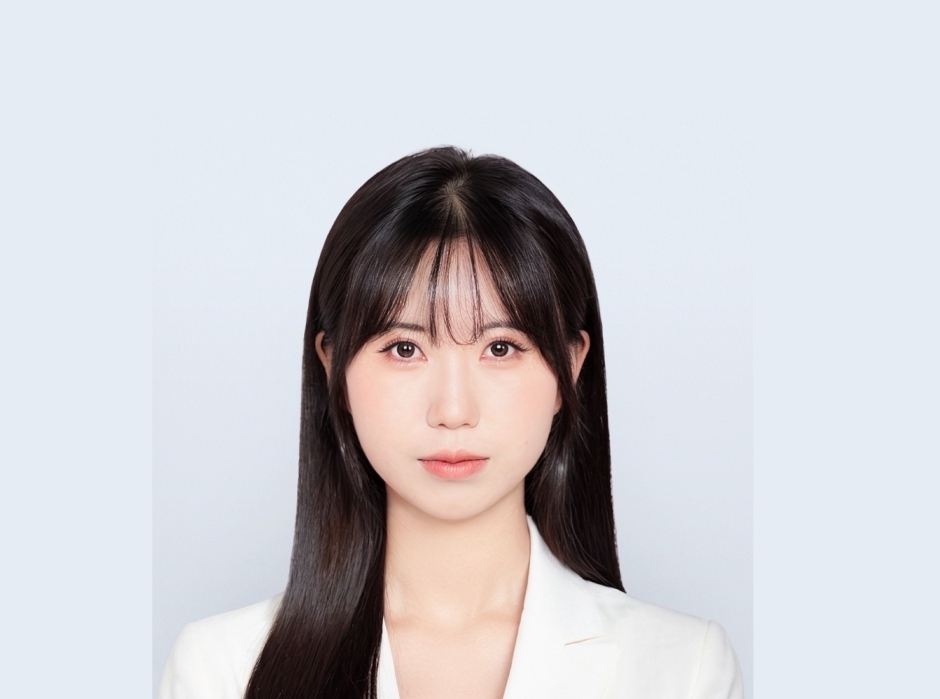
- Posted
- Wed, 20 Aug 2025
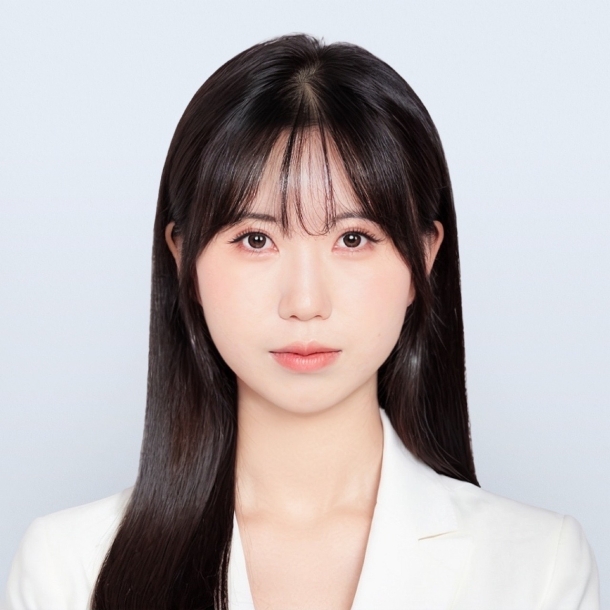
- Tokyo Korean School (Graduated in March 2019)
- College of Science, Purdue University (exchange student August 2022 ~ May 2023)
- School of International Liberal Studies, Waseda University (Graduated in March 2024)
- Graduate School of Arts and Sciences, Columbia University (August 2024 ~)
― Please tell us your current career.
In the fall of 2024, I began my Master of Arts in Statistics at Columbia University in New York. My studies focus on statistical modeling, data analysis and programming, with applications in areas such as finance and public health. The program is rigorous and fast-paced, and I spend much of my time working on projects that require applying theory to real datasets. Studying alongside classmates from many different countries reminds me of the global environment I experienced at SILS, which prepared me to communicate and collaborate effectively across cultures.
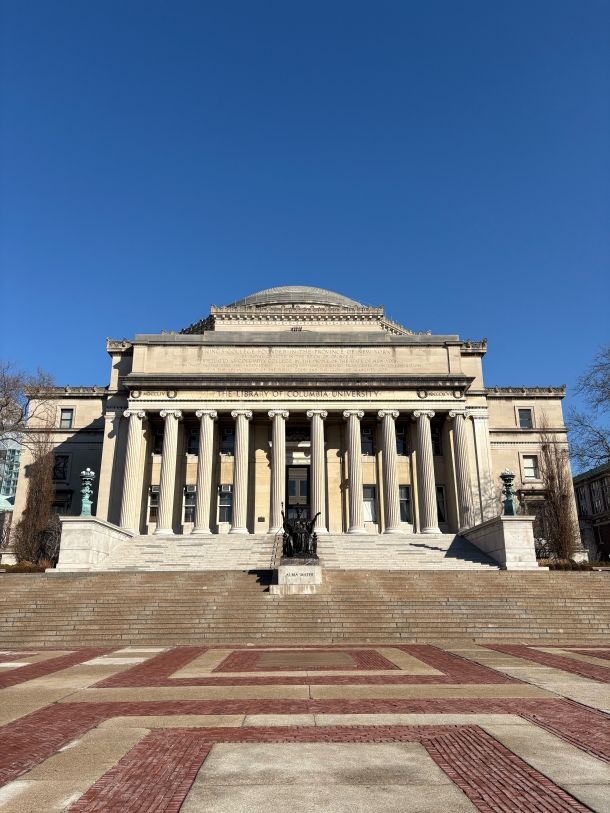 |
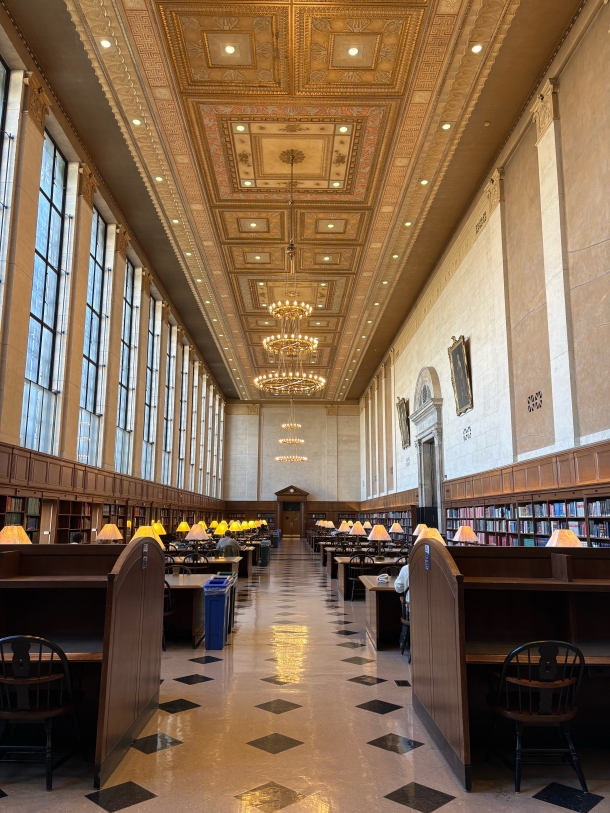 |
― What are academic foundations at SILS?
During my time at SILS, I realized that I wanted a career combining critical thinking with technical skills. To build that foundation, I chose the Mathematical Sciences concentration, which gave me a strong background in mathematics and statistics. I also took classes at the Waseda Data Science Center, where I learned tools like R and Python and gained experience in statistical computing and data visualization. One of the most important experiences was joining Professor Yoichi Nishiyama’s advanced seminar. There, I explored probability theory and mathematical statistics in depth, and the professor encouraged me to think about how theoretical concepts connect to real-world problems. My undergraduate thesis, which analyzed HIV infection rates and treatment availability in over 50 countries, was developed directly from the skills and ideas I gained in that seminar.
Another highlight of my SILS experience was spending one year as an exchange student at Purdue University in the United States. This program was a unique opportunity to immerse myself in a completely different academic and cultural environment. At Purdue, I took advanced classes in Statistics, joined student organizations, and interacted with students from across the U.S. and around the world. The exchange broadened my perspectives, strengthened my adaptability, and improved my ability to communicate in diverse settings. SILS’s well-established exchange programs make it possible for students to experience different education systems while still working toward their Waseda degree, and I believe this experience played a big role in preparing me for graduate studies abroad.
―How did SILS strengthen your Data Analysis Skills?
A key reason I am able to analyze data effectively today is the interdisciplinary foundation I built at SILS. While I now work extensively with statistical models and programming, the courses I took in business, sociology, marketing, and political science at SILS taught me to interpret numbers in their social, economic, and cultural context. This ability to go beyond the technical side of data analysis allows me to draw meaningful insights that can be applied in real-world settings, such as in a project where I helped a nonprofit organization understand public perceptions of mental health in education. The habit of considering multiple perspectives, developed through class discussions and group projects at SILS, remains central to how I approach every analytical challenge today.
―How did SILS shape your path?
SILS influenced my journey in many ways. The freedom to design my own curriculum allowed me to explore both liberal arts and technical subjects, a combination that is rare but extremely valuable, especially in data science where understanding both the numbers and the human context is essential. The international environment taught me how to communicate effectively across cultures and languages. In class discussions, I learned to listen carefully, express my ideas clearly and respect different viewpoints. The close relationships with professors were another defining feature of my SILS experience. Whether it was my thesis advisor or professors from other disciplines, they were always open to questions and willing to guide me. That kind of support gave me the confidence to apply to graduate school overseas.
―What do you think about the appealing point and strength of SILS?
Looking back, I believe the strengths of SILS lie in its truly international environment, the flexibility of its curriculum, the accessibility of its professors and the many opportunities to gain experiences beyond the classroom. Studying in English while living in Tokyo gave me the chance to think globally in a unique setting. The flexibility to explore courses across diverse disciplines, including those outside SILS, enabled me to tailor my studies to my goals and discover new academic interests. This made the learning process even more engaging. The seminar classes encouraged active discussion, often leading to research or internship opportunities. Beyond academics, experiences such as study abroad, internships and volunteering allowed me to apply what I had learned in real-world settings.
― Any message to our prospective applicants?
For students considering SILS, my advice is to be curious, explore courses beyond your comfort zone and make full use of the freedom to shape your own academic path. Think ahead about how your classes, internships and activities will connect to your future goals. Engage actively in class discussions and do not hesitate to ask questions. Build strong relationships with professors and classmates because these connections will continue to help you long after graduation.
SILS gave me the academic skills, global mindset, and confidence to pursue a master’s degree. I believe it can open many doors for you as well, as long as you take advantage of the opportunities it offers and approach your studies with curiosity and determination.
This content is as of the time of issuance.
- Tags
- Alumni Report Voice
